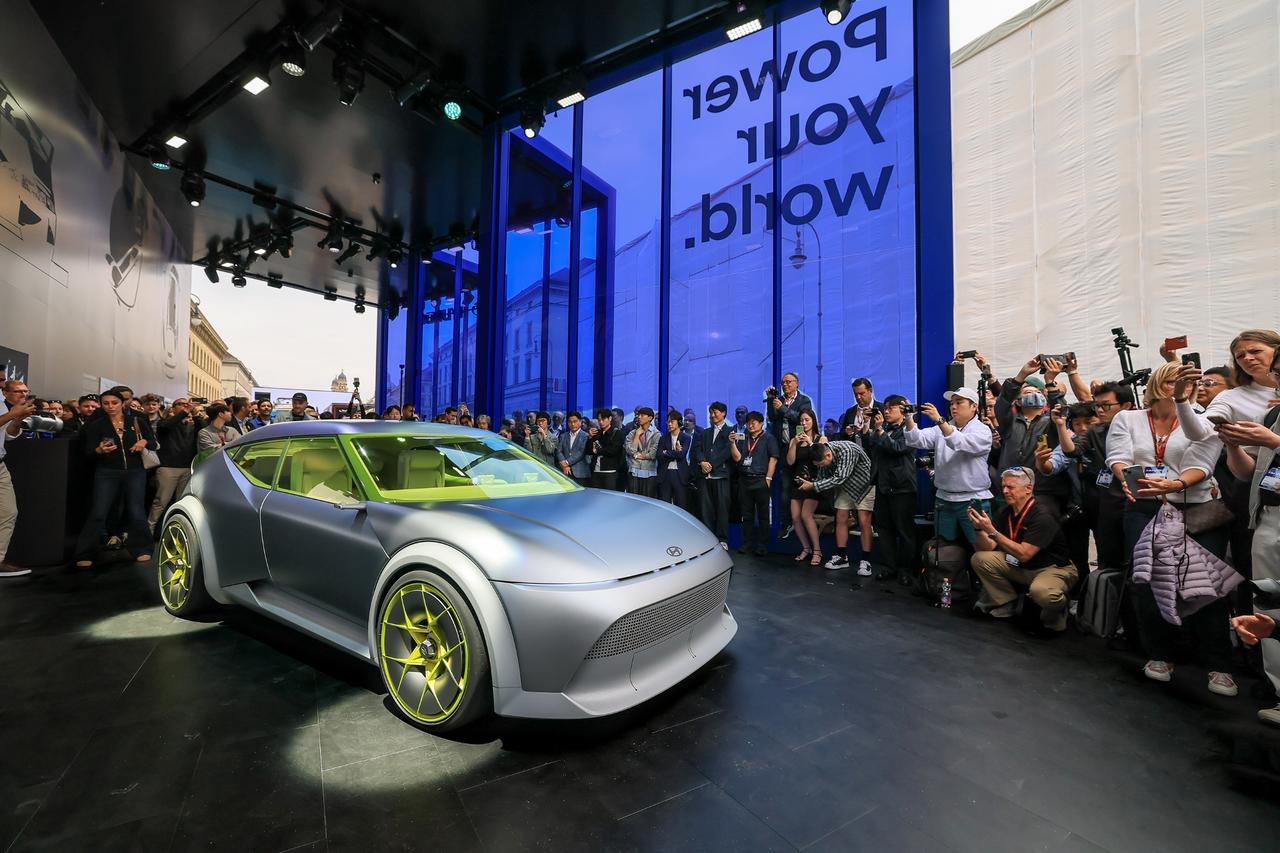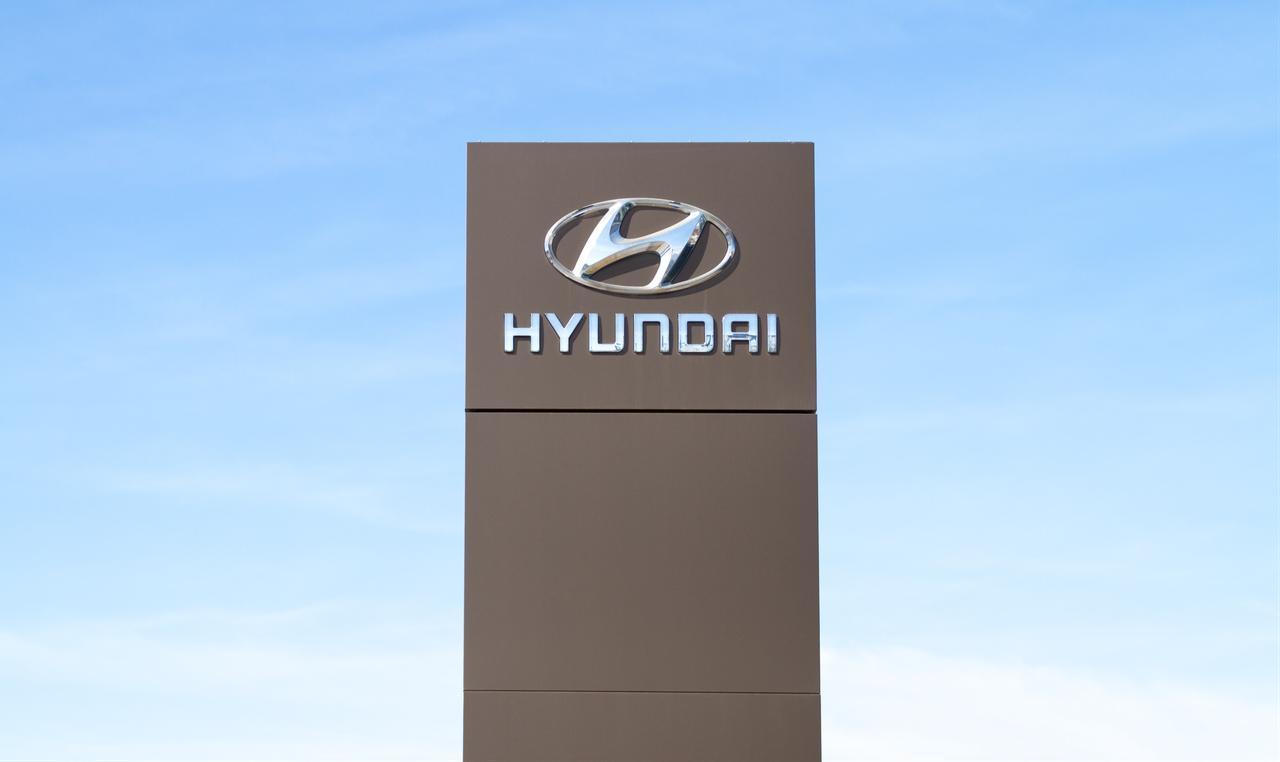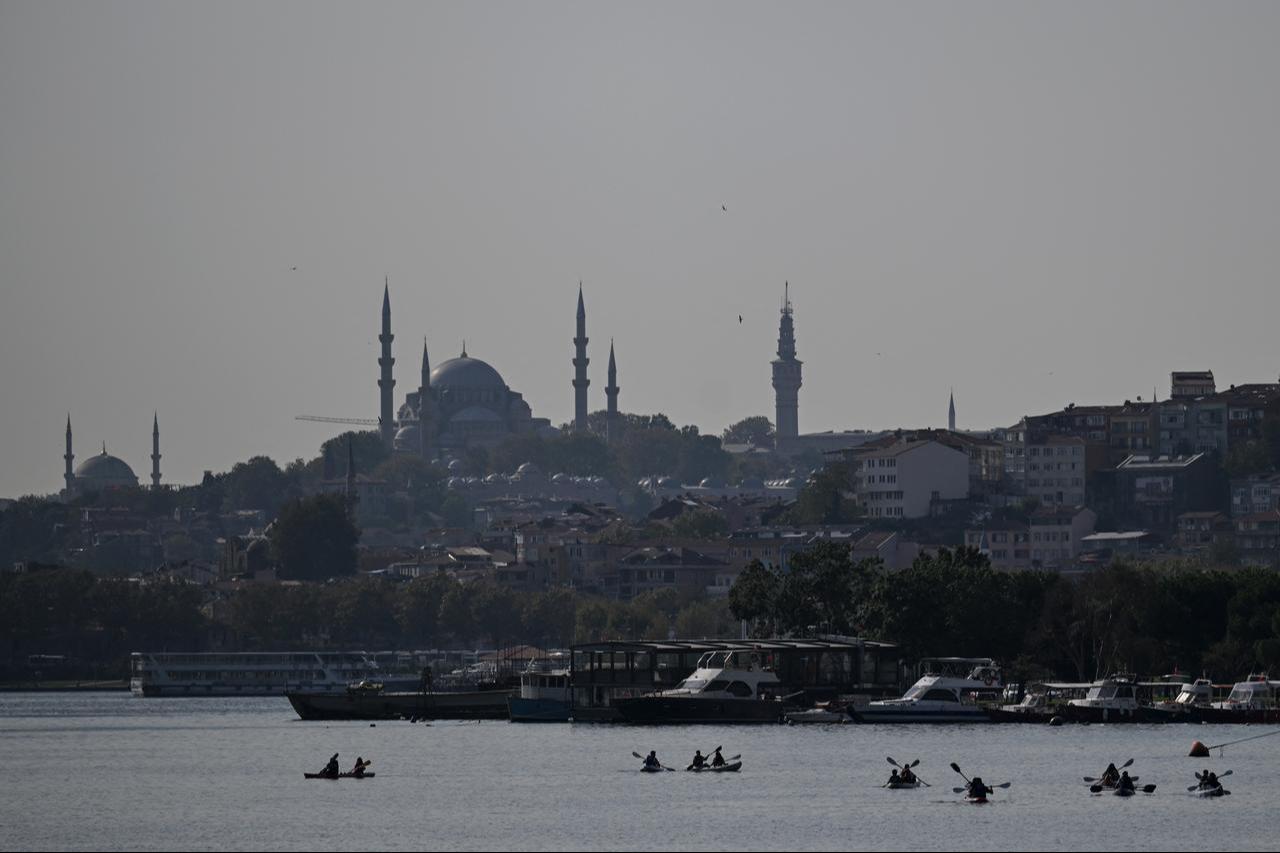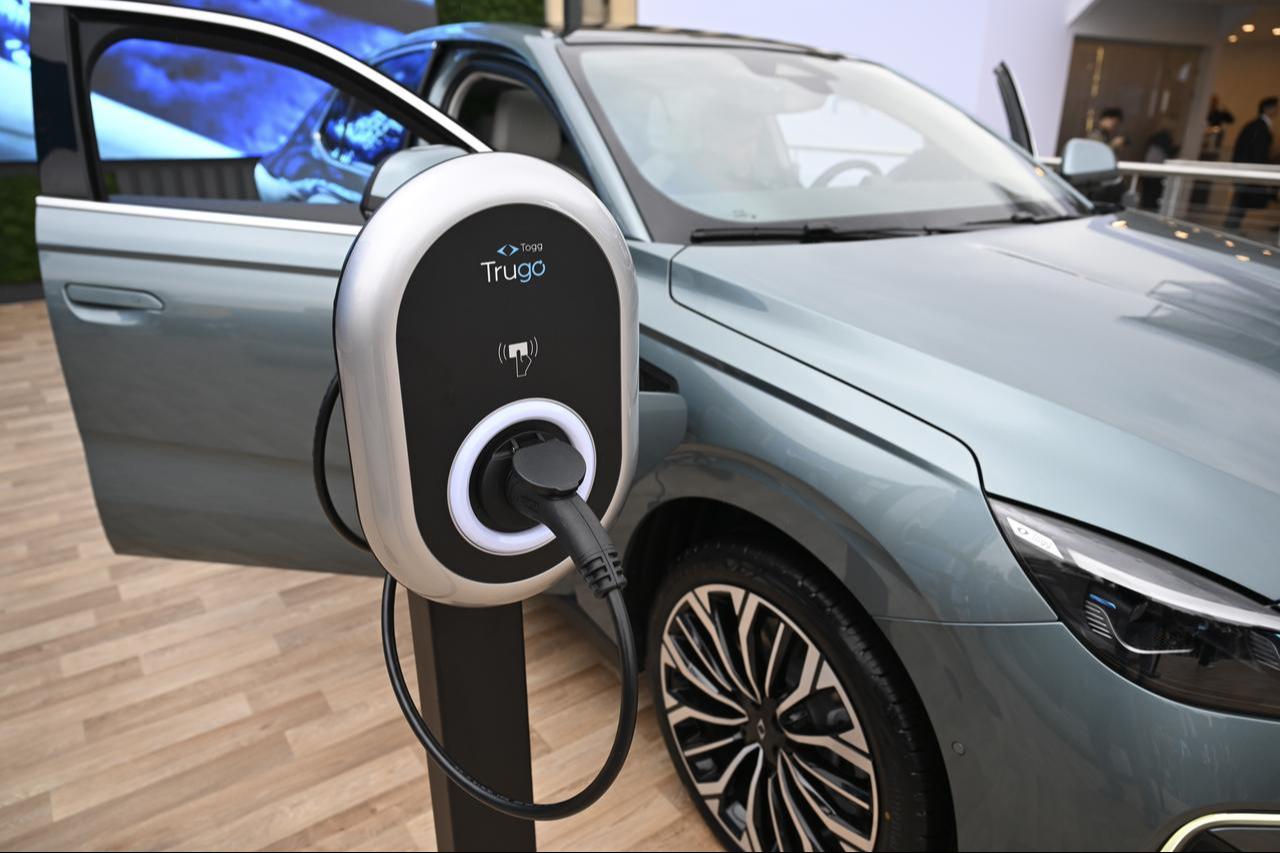
Hyundai Motor Türkiye announced plans to produce the IONIQ 3 electric vehicle model in Türkiye starting in 2026, making it the second brand to manufacture electric vehicles in the country and the first among foreign automotive manufacturers.
Speaking to a state-run Anadolu Agency (AA) correspondent at IAA Mobility 2025 in Munich, Hyundai Türkiye General Manager Murat Berkel revealed the company's strategic move into electric vehicle production.
"This will be Hyundai's first electric vehicle produced in Türkiye for Europe. Hyundai will become the second brand to produce electric vehicles in Türkiye, and the first among foreign automotive manufacturers," Berkel said.

Berkel highlighted the robust growth in the global electric vehicle market, noting that sales exceeded 10.5 million units in the first eight months of the year, capturing 18 percent of the total market share.
"Today there are more than 500 electric models worldwide. By 2030, this number is expected to exceed 1,000. The upward trend in electric vehicles on a global scale is very clear," he stated.
In Europe, electric vehicle sales surpassed 1.2 million units, while Türkiye continues to experience record growth in the sector.
Electric vehicle sales in Türkiye have surged from 1% five years ago to 15% today, with expectations to exceed 30% by 2030.
Berkel emphasized the exponential growth in the Turkish market, positioning the country as the fourth-largest electric vehicle market in Europe.
"We will start production of our IONIQ 3 model from next year. This will be the first electric vehicle that Hyundai produces in Europe for the first time in Türkiye. This will also be the first electric vehicle exported from Türkiye to Europe after TOGG," Berkel explained.
The model will be manufactured at the Izmit factory, with primary markets including the United Kingdom, Germany, and France.
The IONIQ 3 model will be developed on the Electric Global Modular Platform (E-GMP), marking a significant milestone for Türkiye's automotive industry.
"Thanks to E-GMP, many electric models from A segment to E segment can be produced on the same infrastructure. Hyundai will be the first foreign manufacturer to bring this technology to Türkiye," Berkel noted.
Hyundai's facility maintains an annual production capacity of 245,000 units, currently manufacturing i10, i20, and Bayon models. In 2027, completely renewed designs of the i20 and Bayon models will be introduced along with their hybrid versions.

Addressing concerns about charging infrastructure, Berkel highlighted significant improvements in Türkiye's electric vehicle charging network.
"Currently, there are more than 30,000 charging points in Türkiye. There was a 50 percent increase compared to last year. When compared to Europe, we are in a very good position in terms of charging points per vehicle. Charging stations have become accessible both for urban use and long-distance travel," he said.
The general manager also noted that concerns about the resale value of electric vehicles have diminished, with dealers now confidently buying and selling used electric cars, thereby establishing a secondary market and alleviating depreciation fears.

Berkel observed that Turkish consumers' prejudices against electric vehicles are rapidly decreasing, with concerns about charging, range, and resale value no longer dominating discussions.
"That old perception is over. People no longer worry about whether they will be stranded on the road or whether they can sell their electric vehicle. Once they use it, seeing its comfort, economy, and environmental aspects, they don't want to return to internal combustion engines," he explained.
He highlighted the economic advantages, noting that a battery charged at home for 450 Turkish lira can provide 600 kilometers of range, offering significant advantages compared to internal combustion vehicles.
Hyundai Motor Group plans to invest $90 billion globally through 2030, introducing 21 fully electric and 13 hybrid models. "As Hyundai grows globally, we will grow in parallel in Türkiye. We have a sales target of 90,000 units in Türkiye by 2030. A significant portion of this will consist of electric vehicles," Berkel stated.
Looking ahead, Berkel expressed confidence in the market's trajectory: "We believe that interest in electric vehicles will increase even more in the coming period. Türkiye will be one of Europe's most important centers in this transformation."
The electric vehicle fleet in Türkiye has exceeded 200,000 units, with projections reaching one million by 2030, requiring charging points to approach 100,000 to support this growth.